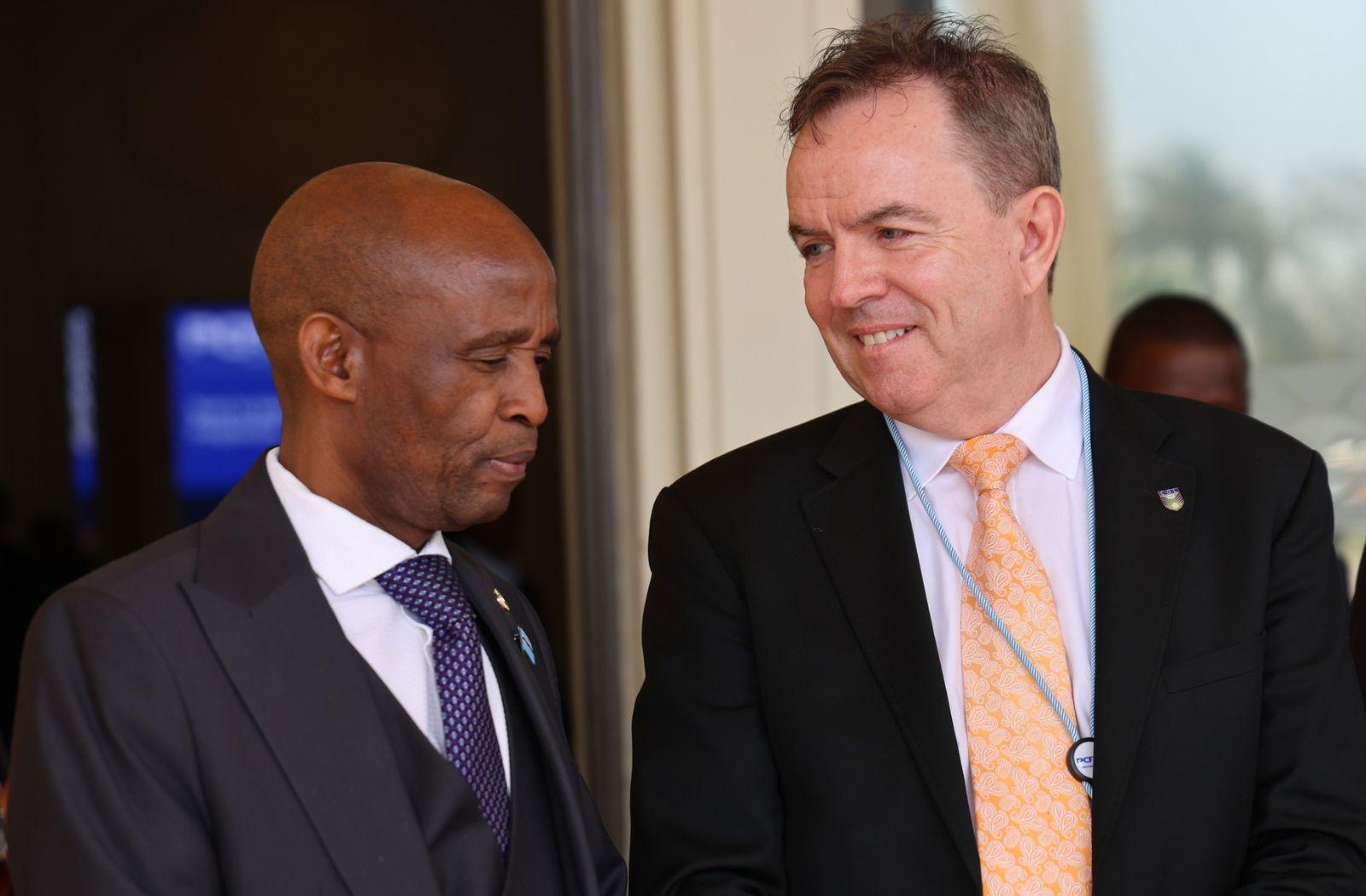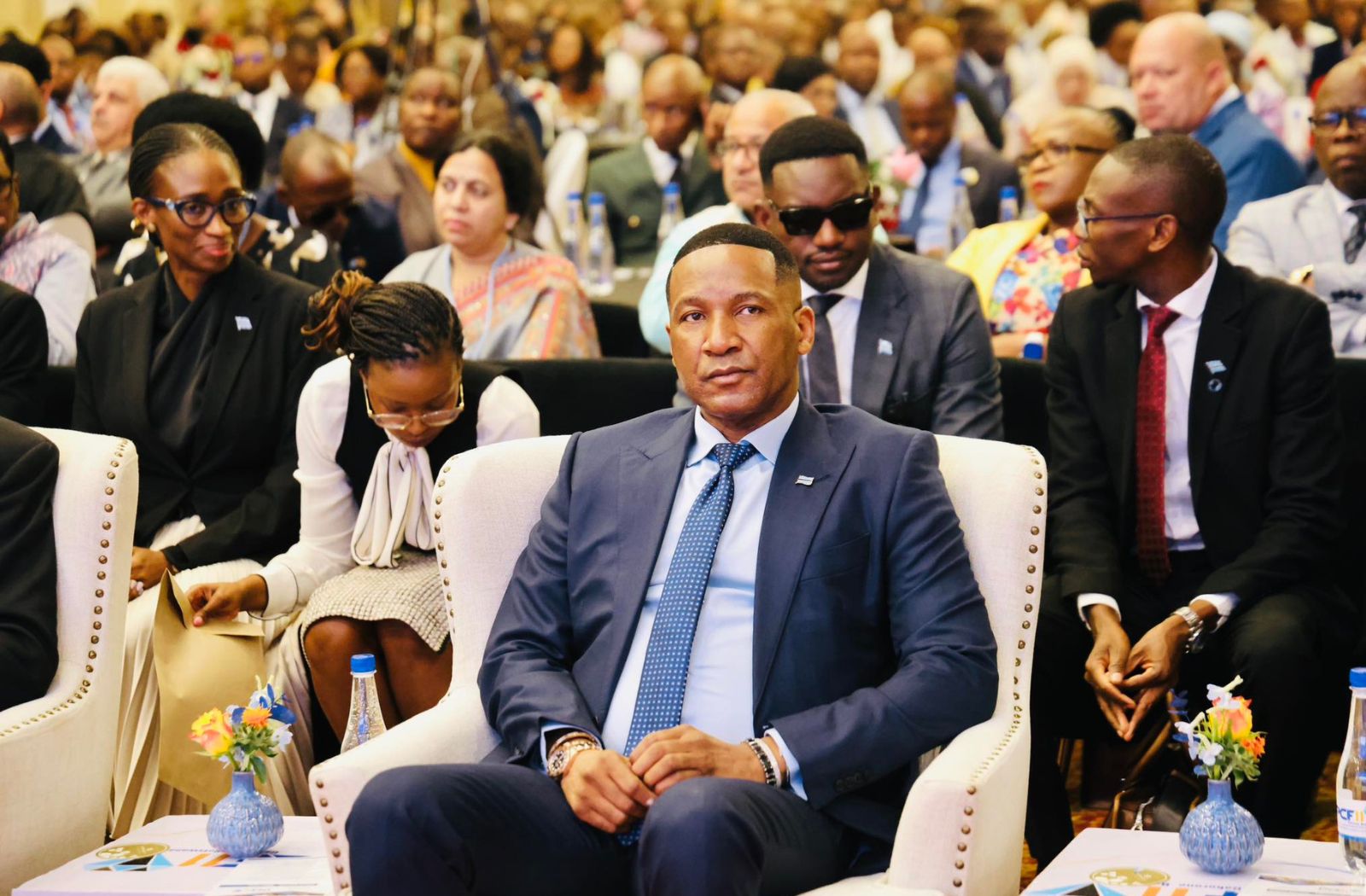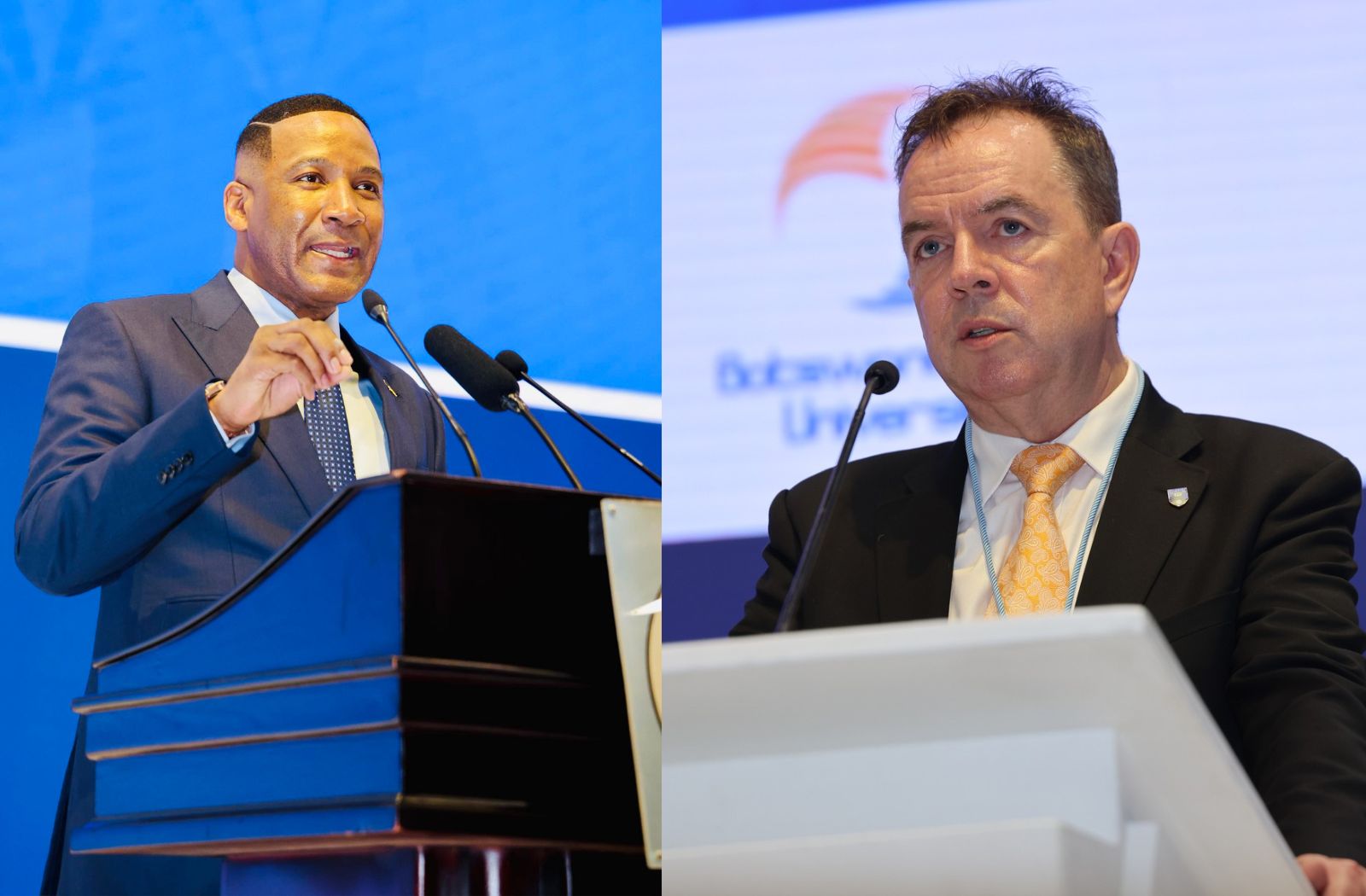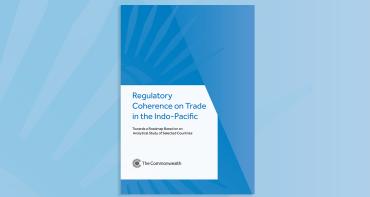Education, particularly open and distance learning, has long been associated with increasing educational access, bridging the digital divide, as well as advancing the social and economic development of countries.

To further advance the adoption of these educational models, the Commonwealth of Learning (COL) has held its Eleventh Pan-Commonwealth Forum on Open Learning (PCF11), convening more than 400 delegates from 48 countries in Gaborone.
The Commonwealth of Learning is an intergovernmental organisation, created by Commonwealth Heads of Government in 1987, to provide Commonwealth citizens with greater access to quality education and training through open, distance and technology-enabled learning.
Organised in partnership with Botswana’s Ministry of Higher Education and Botswana Open University (BOU), the forum explored the theme “Innovative Open Education: Fostering Resilient Societies for Sustainable Economic Development.”

Botswana’s President, HE Duma Gideon Boko, welcomed participants and urged them to view innovation as central to building knowledge economies. The President said:
“The knowledge economy is an experimental economy. It calls upon us to imagine a future spectacularly different from the clawing circumstances of the present and to fashion solutions never dreamt of before.”
In his remarks at the conference in September, President Boko emphasised that resilience and sustainability in today’s world depends on the ability of nations to generate new knowledge, nurture innovation, and embrace creativity.
COL at the centre of open education

Since launching the Pan-Commonwealth Forum in 1999, COL has made the forum one of the world’s leading platforms for open and distance learning. At the opening, Professor Peter Scott, President and CEO of the Commonwealth of Learning, shared:
“Business as usual in education and learning is not sustainable. Alone we cannot do it, but together we can achieve great things. Our role is to drive quality up, drive costs down, include all, and reach the disadvantaged.”
A more inclusive and equitable Commonwealth
In a video address, Commonwealth Secretary-General, the Hon Shirley Botchwey, highlighted education’s central role in advancing democracy, peace, human rights, and economic opportunity. The Secretary-General said:
“The challenges before us—fractured multilateralism, widening inequalities, and rising unemployment—demand bold and creative approaches. Open learning and digital innovation are powerful tools to bridge divides, promote social inclusion, and improve the well-being of all.”
During the meeting, delegates agreed that traditional education models often entrench inequality. Open approaches, they stressed, expand access and create opportunities for those historically excluded, including rural learners, women and girls, marginalised groups and people with disabilities.
Addressing global challenges
Ministers exchanged perspectives on how to align national reforms with international frameworks and how cross-learning at the policy level could accelerate progress toward education goals.
The forum’s discussions reflected urgent realities for education systems worldwide. The COVID-19 pandemic showed both the promise and the limits of digital learning: while online platforms kept schools open, they also exposed deep inequalities in connectivity and access.
Delegates also debated the rise of new technologies, including generative artificial intelligence, in reshaping open and distance learning. Speakers pointed to their potential in curriculum design, learner support, and assessment, but emphasised the importance of ethical and inclusive adoption.
Solid outcomes
The three-day conference concluded with the adoption of the PCF11’s outcome statement, which calls on member states and partners to:
- Expand equity with quality at scale: ensuring access does not compromise standards.
- Develop skills for productive and resilient lives: equipping learners for fast-changing economies.
- Leverage the digital dividend ethically: using technology inclusively and responsibly.
- Empower teachers as agents of change: recognising their role in innovation.
- Reimagine assessment systems: moving beyond narrow, exam-driven models.
- Encourage positive disruption in post-secondary education: driving reform through openness and innovation.
These commitments, and others outlined in the Gaborone statement, will guide the Commonwealth of Learning’s collaborative work with governments and institutions across the Commonwealth in the years ahead.
With education recognised as a foundation for social stability, productivity, and peace, PCF11 closed with a renewed commitment to ensure that it fuels progress, inspires hope and empowers people.
Media contact
- Ijeoma Onyeator, Communications Officer, Communications Division, Commonwealth Secretariat
- E-mail | Mobile: +44 07483919976



